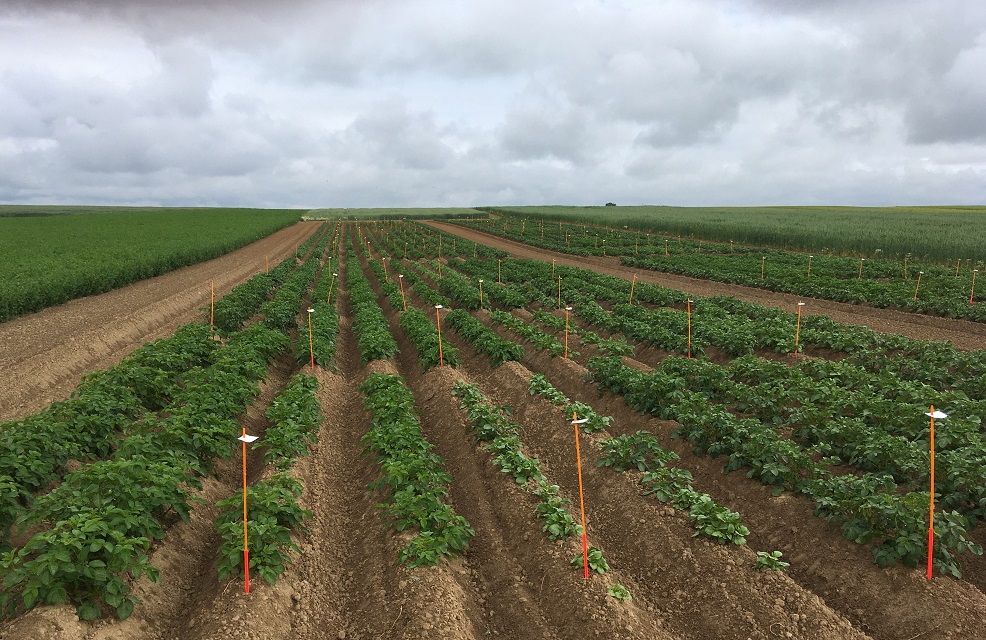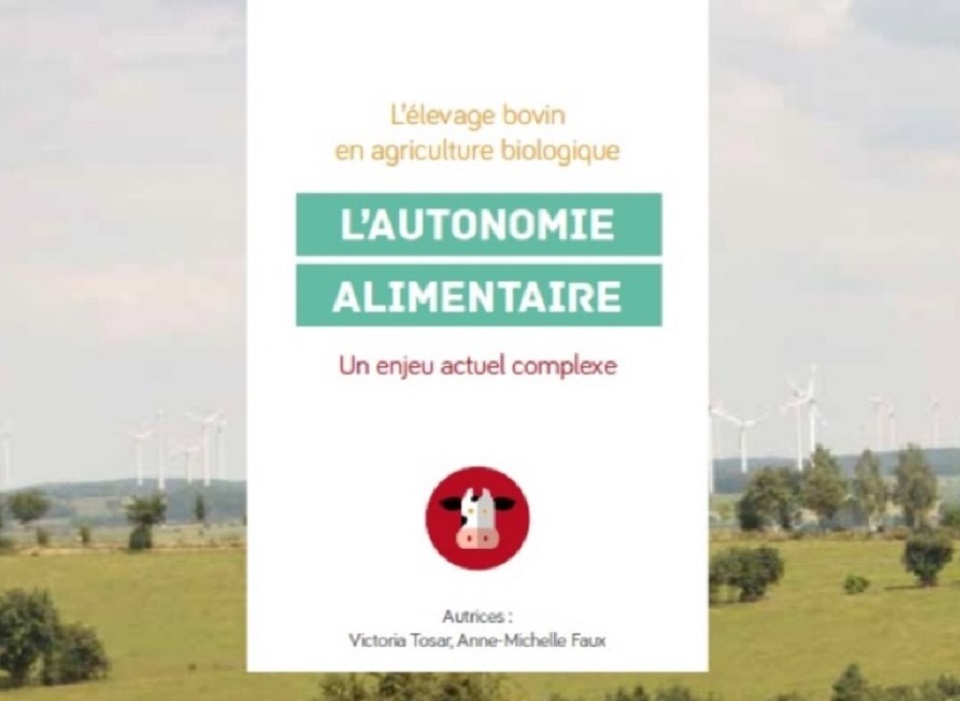Organic Conservation Agriculture (OCA).
To do this, the group has turned to long-term system experiments, with the goal of collectively designing and testing crop systems that either reduce pesticides in CA or reduce tillage in OF under real-world conditions with farmers.
The system that has been set up is called the Plot Network Experimentation System (PNES), which involves the farmers participating in the group setting up an experiment on a one-hectare parcel of land for several years. The order of crops and the technical itineraries for this plot are designed collaboratively by the farmer, Greenotec and the CRA-W. This ‘OCA’ method is then compared to a control parcel of land belonging to the farmer in order to track the different development of the two systems. The performances recorded (crop growth, weed populations, biological/physical/chemical fertility of the soil) are discussed with all the farmers in the group.
Noteworthy observations include, among others:
- the formation of a micro-sole on the surface through a series of surface works is effective for getting rid of thistles, but harmful for the planting of beans;
- better emergence, yield and sugar content, and less soil-tare, for beets sown with striptill and without glyphosate, despite the poor appearance (fewer leaves, lighter colour);
- irrepressible growth of weedy rye grass in organic field crop systems with no tillage.
The findings that result from the interactions between members of the group certainly have an agronomic and technical component, but they are also social because they give the participants an opportunity to collaborate. They reveal constraints and obstacles to experimentation and the mastery and adoption of new agroecological practices (accessibility or absence of suitable machinery, market and sector constraints, short-term crop profitability, etc.).
The goal is to continue with the differentiated management of crop systems in the future, in order to be able to observe the differences that emerge in the long term. This continuation is made possible by the new Horizon Europe Agroecology TRANSECT project.
Funding: Projects subsidised by INTERREG V, the TRANSAE agreement, Horizon Europe, the Agroecology TRANSECT agreement and by Horizon 2020, DiverIMPACTS agreement.









